Germans delivered a major election win to conservatives Sunday — but the likely incoming chancellor may face trouble sooner than he’d like, for reasons foreign and domestic.
Friedrich Merz — the leader of the victorious Christian Democratic Union-Christian Social Union alliance — is a U.S.-loving former lawyer but he may clash with President Donald Trump, as Merz is a fierce defender of Europe and NATO.
Meanwhile, Merz faces rising pressure on his right: Alternative for Germany (AfD), a far-right party with anti-migration and pro-Russian views, came in second place, amid voters’ growing concern over migration and the economy. It was the best showing ever for the party, but it likely won’t serve in a governing coalition; the other leading parties have refused to partner with AfD because they consider it too extreme. That means Merz will have to weave together a potentially fragile governing coalition, in part perhaps with the current ruling center-left Social Democrats, which landed third.
So how can Merz keep AfD at bay? Simple: He has to deliver, according to Gordon Repinski, the executive editor of POLITICO Germany and one of the savviest observers of the nation’s politics.
“The only way to reduce the votes for AfD is to form and lead a successful government,” Repinski said in an interview. “He has to work in a very smart way and solve the problems that he wants to solve and keep his promises. That’s the only way to keep the AfD down.”
Key figures in the United States may not be rooting for him. Tech mogul Elon Musk, a close partner of Trump, was a vocal supporter of the AfD, and Vice President JD Vance recently met its leader. Trump, for his part, appeared to take solace Sunday that Merz’s winning alliance was conservative, posting on social media: “THIS IS A GREAT DAY FOR GERMANY.”
Depending on how the Trump-Merz relationship unfolds, he may soon think differently.
This conversation has been edited for length and clarity.
What is your biggest takeaway from the results we’ve seen?
Friedrich Merz is the winner, and he will likely be the next chancellor, but by far not with the results he would have wished for. He likely has to build a coalition with either the Social Democrats or even additionally, with the Green Party. That means that he would have to build a coalition with one or two parties that rather belong to the left wing. So all the reforms that he wants to push through in terms of migration and economic reform will be a lot more difficult than he would have wished for.
Who is Merz and what is he like? With Angela Merkel and Olaf Scholz, we had figures who seemed somewhat wooden in public, but perhaps were more dynamic in person. How does Merz differ?
Friedrich Merz is kind of the opposite figure in terms of rhetoric and approach to politics as Angela Merkel. They have quite a specific relationship with each other. Friedrich was rising in the Conservative Party in the ‘90s, and was in a powerful position of head of the CDU/CSU parliamentary group in the early 2000s when Angela Merkel had her rise in parallel. At some point, Angela Merkel sort of kicked out Friedrich Merz from his position as head of the caucus, and Friedrich Merz, in a very frustrated situation, left politics and sort of followed Angela Merkel's chancellery from the sidelines. He was very critical of what she was doing. When he was running for the head of the party, after Angela Merkel resigned, he really stood for the opposite approach to politics as Angela Merkel.
That means more of the traditional conservative approach, a bit tougher, whereas Merkel was somebody who really integrated into the middle, who was very understanding to also her political competitors. Merkel was a politician who was not vain, who was not looking for useless fights, whereas Friedrich Merz is one of these people who likes to fight and likes to give a sharp speech, but also says some things that might not be beneficial for him in the long run. Olaf Scholz is also a person who's not very charismatic, just like Angela Merkel. He's also a person who always tried to integrate to the other political side. In that regard, they were quite similar. The difference was that Angela Merkel was humble in her approach and in her uncharismatic appearance, and Olaf Scholz was rather arrogant in his uncharismatic appearance.
In short, what we will see is a major change in terms of political communication after two decades of very shy and very defensive communication that we have seen with Angela Merkel and Olaf Scholz.
So Merz is more pugnacious and less willing to compromise?
It's even literally a sentence that he said when we were discussing migration policies in Germany. He literally said “the time of compromise has ended.” And then went into a parliamentary debate where, at the end, he voted together with the AfD, which was one of the very controversial moments. I sometimes am not sure if the strategy of Merz is really thoughtful, or is thinking toward the end result, because he seems to be sometimes guided by his impulses, and that seems to be one of his greatest weaknesses. He sometimes needs to stop himself, or he needs to have someone around him that stops him from doing stupid things.
Ultimately, why did Merz’s party outperform Scholz’s party? What were the essential ideological and personal factors behind this?
The Conservative Party, structurally, is a bit stronger in Germany than the Social Democratic Party. If you look at history, most of the years were with conservative chancellors, and in very particular times or with very particular candidates, you had a Social Democratic majority. So there's a structural advantage for the conservative party among the population.
But also, Olaf Scholz had a very difficult time during government. He was working in a complicated coalition with two partners, so it was three partners in total, who were very different in their policy approaches. And then this happened during very difficult times, obviously — war and an energy crisis. The energy crisis hit Germany very hard, because the prices for gas were rising so heavily, and Germany obviously was so dependent on Russian gas. We saw a lot of inflation. We saw a lot of economic turmoil. That obviously ended in the population losing trust in the government itself, in total, and also in the chancellor, Olaf Scholz.
I do think there's a shift in terms of the political debate in Germany that goes toward tougher migration, that goes a bit more against “woke” policies. All these things that you see in the U.S. you also see in Germany. In this regard, Friedrich Merz is much more a candidate that can also please these wishes or tendencies in the population. We have seen a lot of attacks carried out by migrants in the last 12 months in Germany, and the population really wishes for changes.
The extreme right AfD still performed well. How do you think Elon Musk and JD Vance’s efforts to boost that party affected the results?
I don't think it affected it very much, very directly. The AfD benefits from a failing government, and that's what we have seen in Germany. The roughly 20 percent that the AfD obtained is a good result, but there are also voices within the AfD who were saying it could have been more.
So did the Musk and Vance effort to boost AfD fail?
I also don't think it failed. Obviously it gives [the party] a bit of credibility in public, because all of a sudden you had this rich guy, the richest person in the world, supporting AfD, and obviously the U.S. government sympathizing with AfD. The core AfD voter is an Eastern German person — older, male, if you want to have a typical person — and that is a person who is leaning toward Russia. In Eastern Germany, you have a lot of people who think that actually the U.S. is evil and Russia is not that bad. The success of the AfD is built on that notion. The AFD at its core is a Russia-friendly party, and now all of a sudden, an American entrepreneur supports AfD.
There's also a lot of contradiction within the AfD program toward global policies, because they fundamentally haven't decided whether they want to be close to Russia or to the U.S. now, and in that regard, I don't think this typical Eastern German AfD voter is very impressed by Elon Musk supporting AfD.
How is Merz going to handle the AfD, which still grabbed a significant chunk of seats? What is ahead for Germany’s nationalist ultra right?
The only way to reduce the votes for AfD is to form and lead a successful government. That is what Friedrich Meriz has to do now. First of all, he has to build a coalition. He has to work in a very smart way and solve the problems that he wants to solve and keep his promises. That's the only way to keep the AfD down.
Merz pushed back on Vance's lecture to Europeans in Munich about free speech. How do you think Merz will relate to President Trump?
Merz is a very transatlantic person. His English is fluent, and he spent a lot of time in the United States, and he has a lot of friends and a lot of political contacts there. But at the same time, he's a European leader, and the idea of Europe and the European Union is challenged by Donald Trump. That is why Merz, at an early stage, decided to opt for the European values and also the values in terms of the approach to Ukraine. He formulated sentences that can be understood as tough toward Trump.
I do believe that he knows that only strength can be convincing in a direct conversation with the U.S. president. This will probably also be his approach. I do think he's more likely to be successful in that regard just because of his appearance. Olaf Schwartz is this careful, rather shy person. Trump would never have taken him seriously. I think with Friedrich Merz that's a different story.
On the issue of Ukraine — how do you expect Merz will approach Washington and Moscow, as well as Kyiv and Brussels? He seems like a confident type of guy.
He's aware that Europe needs to do more on Ukraine, and he knows that Germany needs to spend more on defense, and this is also fundamentally a European issue. He will still do everything to promote the core values of the transatlantic alliance. He will demand support from the United States and do the same that the European countries were doing by supporting the U.S. in Afghanistan. I think he will also try to convince Donald Trump that it's not only European values that are defended in Ukraine but also Western values, and that it is not in the U.S. and President Trump's favor to see a dictator like Russia’s Vladimir Putin win on Ukraine and fundamentally change the geopolitical order of the world.
How much did anxiety about migration and “woke” cultural rules affect the race and what lesson does that offer other Western democracies?
It affected it a lot — particularly migration and the several attacks that were blamed on migrants. We saw an attack from a person running into a group of people in Munich just a day before the Munich Security Forum. The debate of woke-ism or anti-woke-ism was there but not so predominant. It's very difficult to draw a conclusion from the migration debate in Germany for other countries because it was so tied to the attacks by migrants.
Merz has experience in the business and legal worlds. How wealthy is he, and how will he approach trade and tariff issues in particular when it comes to the Trump administration? Although I understand that the European Union generally handles trade issues.
I don't have visibility on his bank account, but I know he has a private plane that he uses sometimes to fly from his place in North-Rhine Westphalia to Berlin. I was asking him just this week whether he would feel “unfree” if he wasn't allowed to use this anymore when he's a chancellor. He said, “Yes, I would feel ‘unfree’ if I'm not allowed to use this anymore.” But that's a side story. He's a wealthy man. I don't know his exact numbers. I don't think he's a billionaire. I mean, he made some money being a lobbyist, but he was never an entrepreneur in that regard.
On trade, I think his approach will be to find as equivalent as possible answers on what Trump is doing and threatening towards Europe. The thing that he always tells me is the answer, and it is a European answer, is to say, “How can we punish the United States? Is it jeans? Is it whiskey? Is it Harley-Davidson?” Then raise the tariffs on that. Then hopefully come to a point where, after a couple of weeks, you negotiate that it's better to have no tariffs on anything. This is what he says. He would much prefer a world with low tariffs between the United States and Europe, Germany — but trade is a European thing — than to have high tariffs.
What are some other issues where Merz will blaze a different path than his predecessors?
There’s common ground with the U.S. on China. Merz is aware that there needs to be a tougher approach on China — he's very open to that. In terms of Africa or Latin America, I would say that probably Merz has a much more utilitarian approach, so a lot closer to probably what the U.S. would do.
How will Merz deal with Russian leader Vladimir Putin?
He will certainly have a tougher approach than Sholz. Scholz always had in mind that he wanted to be a careful supporter of Ukraine. He didn’t want to provoke Putin. He didn't want to cross red lines. There's probably a fair percentage of things that Scholz could have done more. We can expect Merz to do these couple percent more toward Ukraine. The typical conservative Western German approach toward Russia is tough, and that's where Merz comes from.
.png)


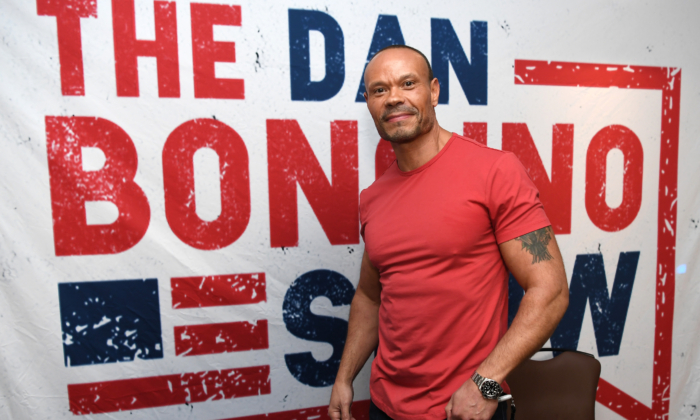

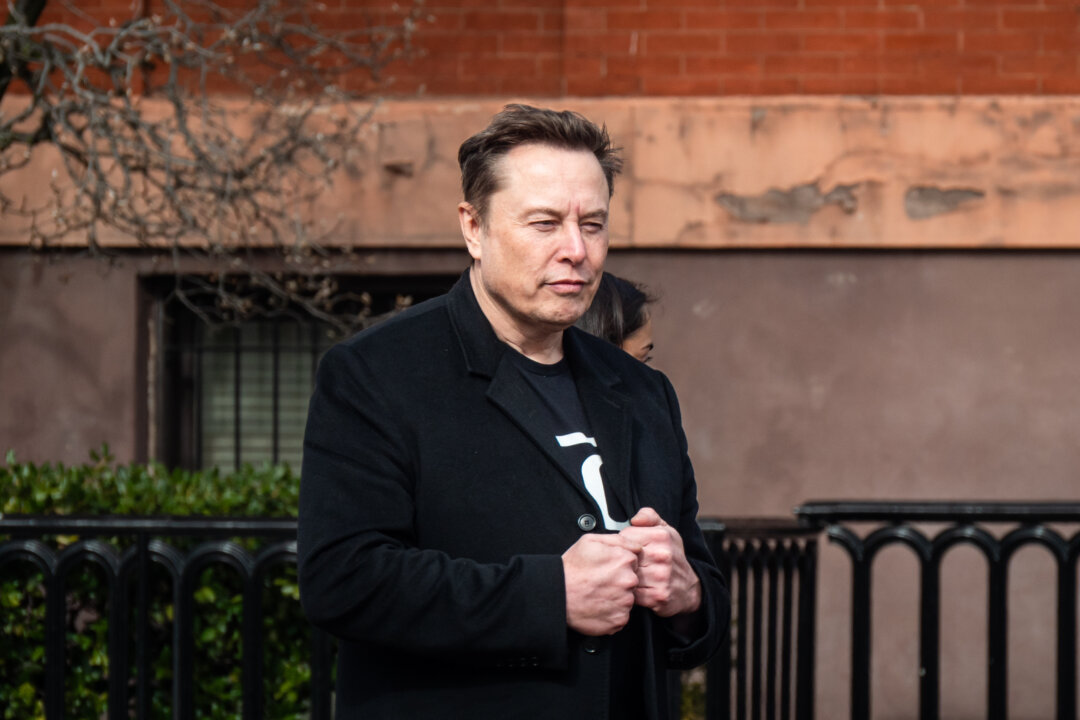

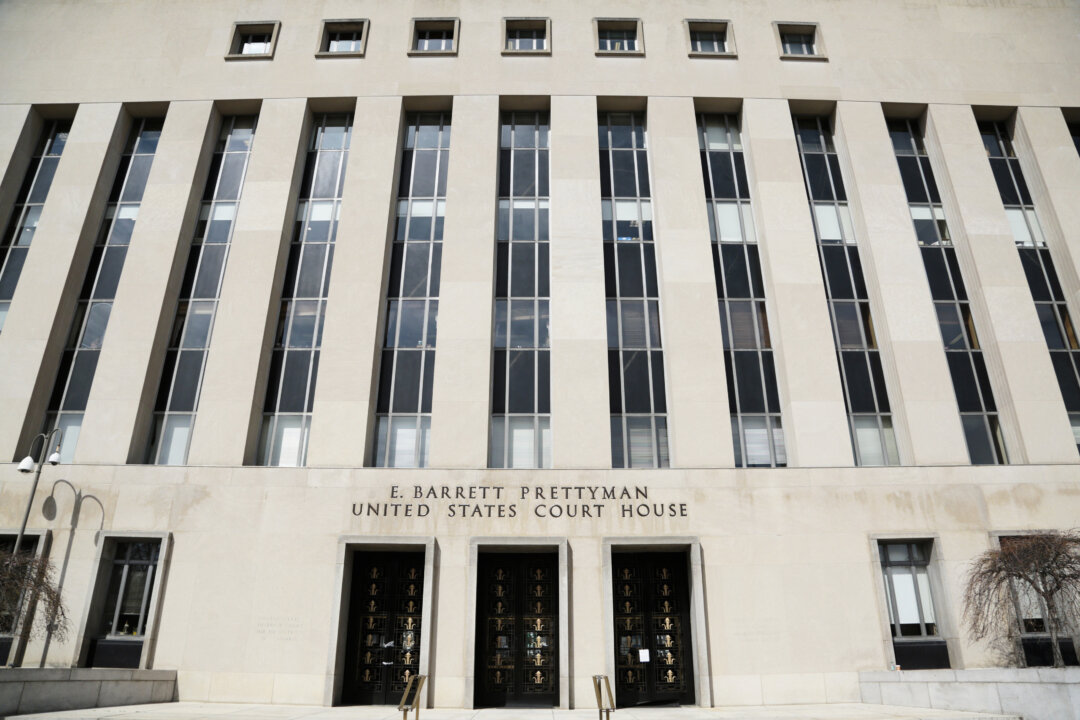

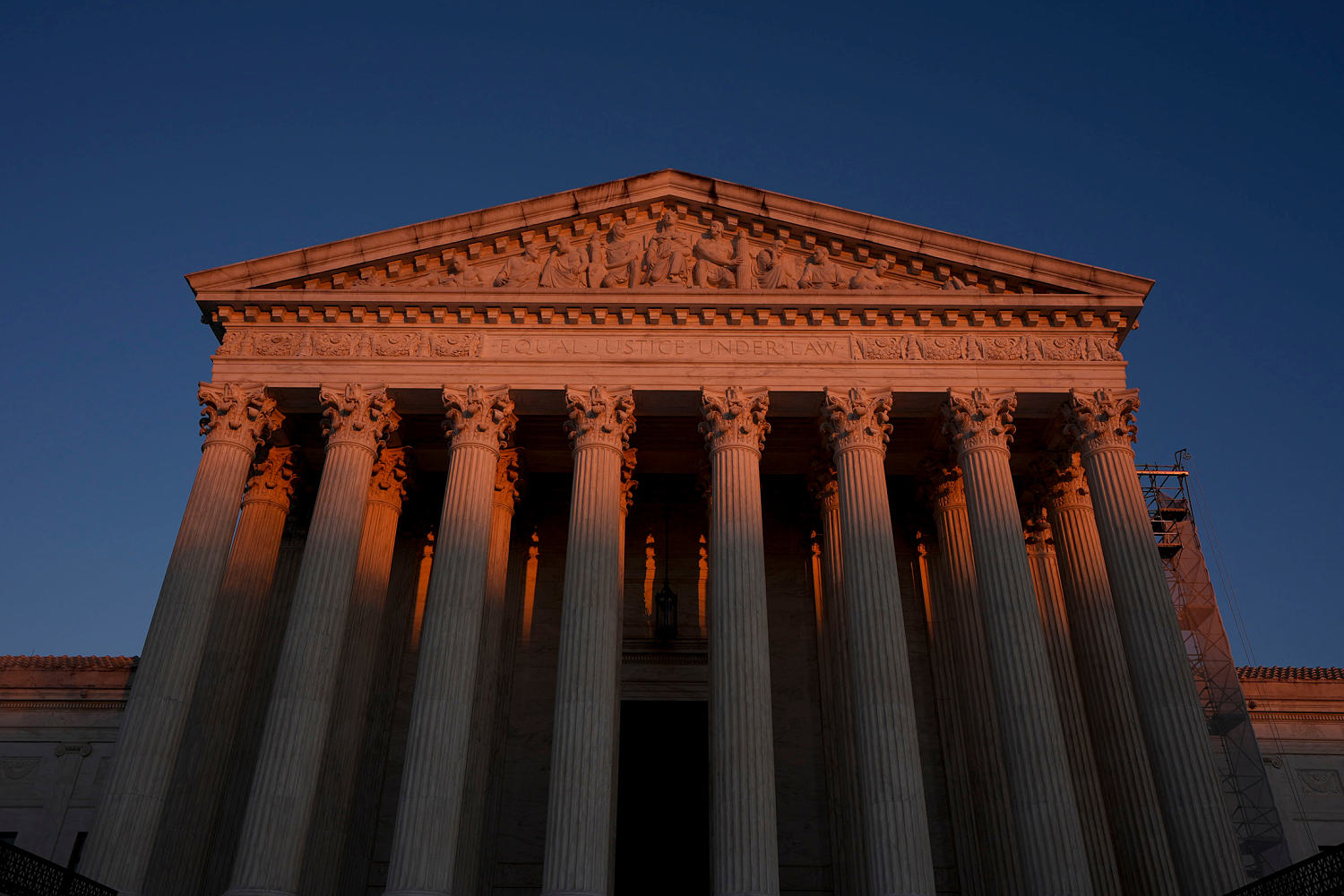
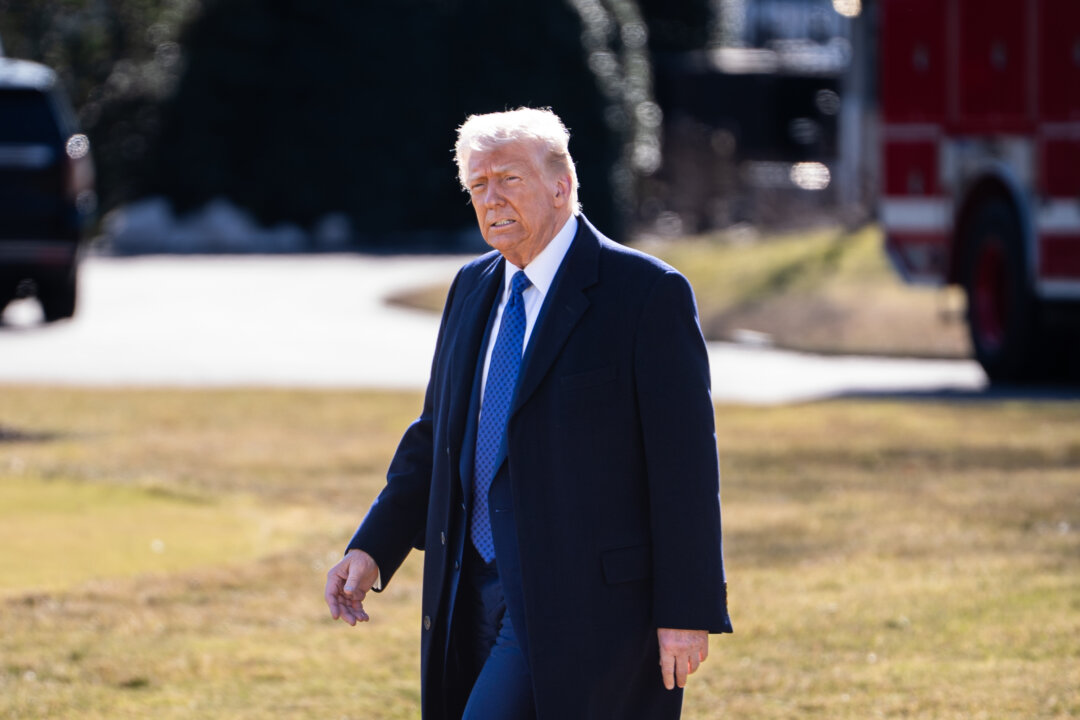

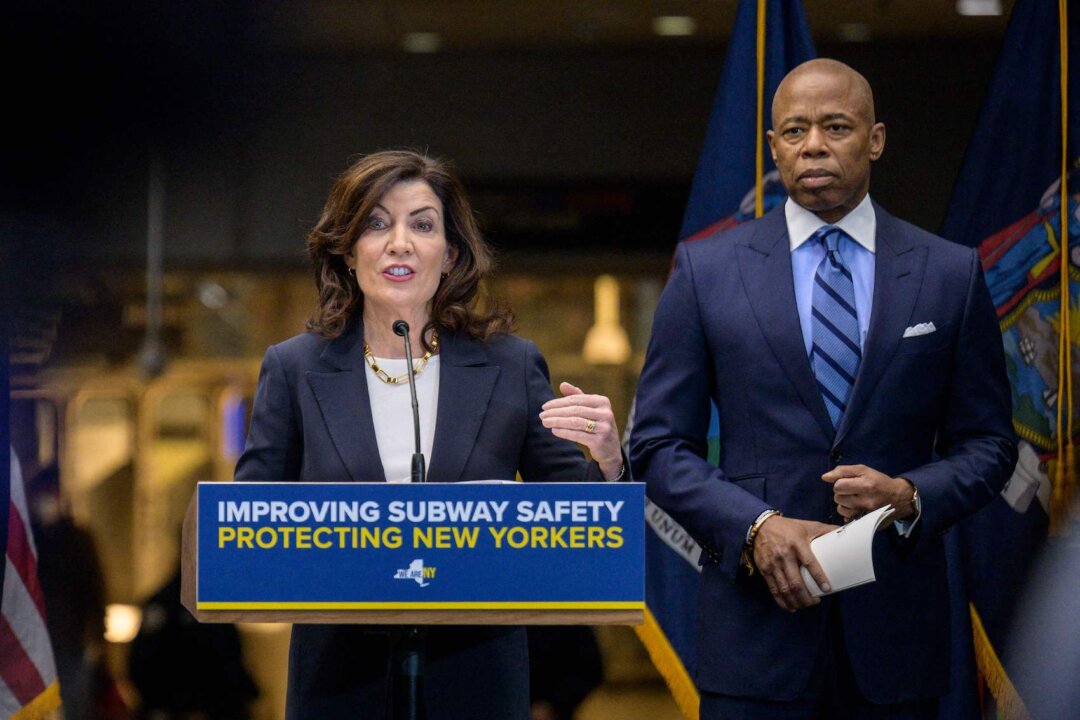
 English (US)
English (US)